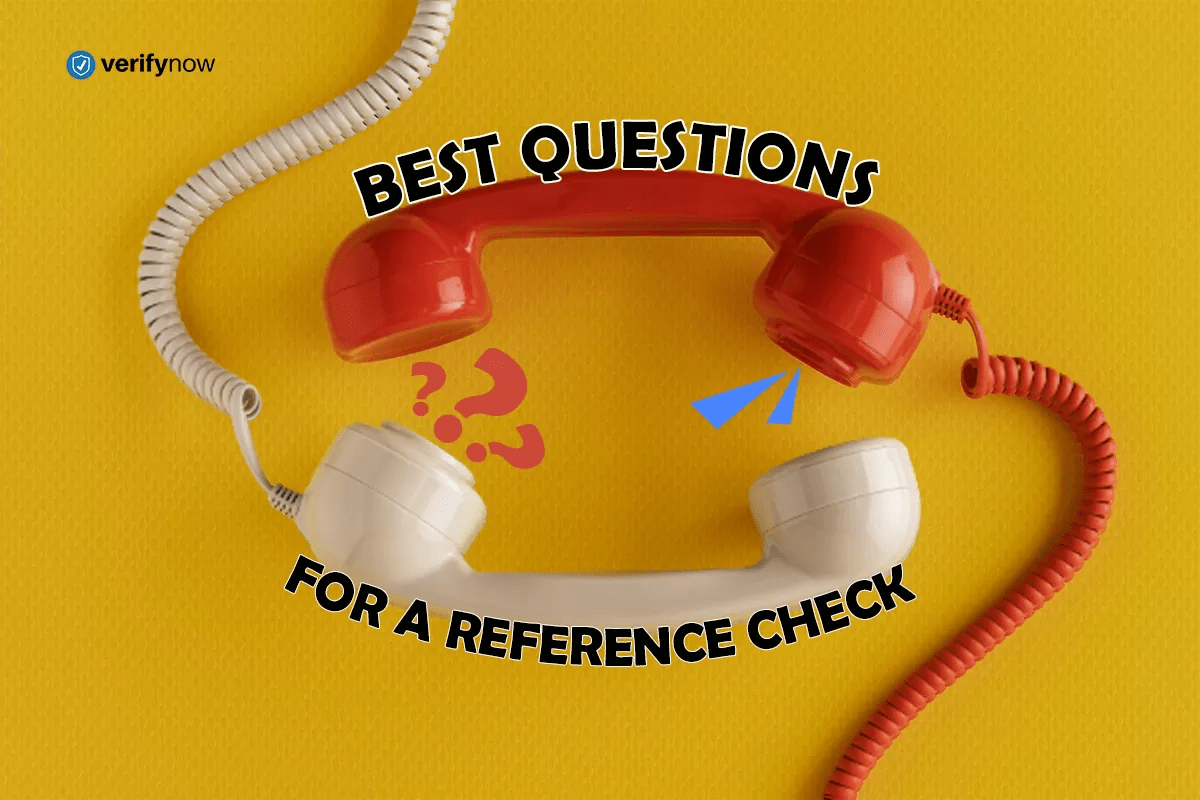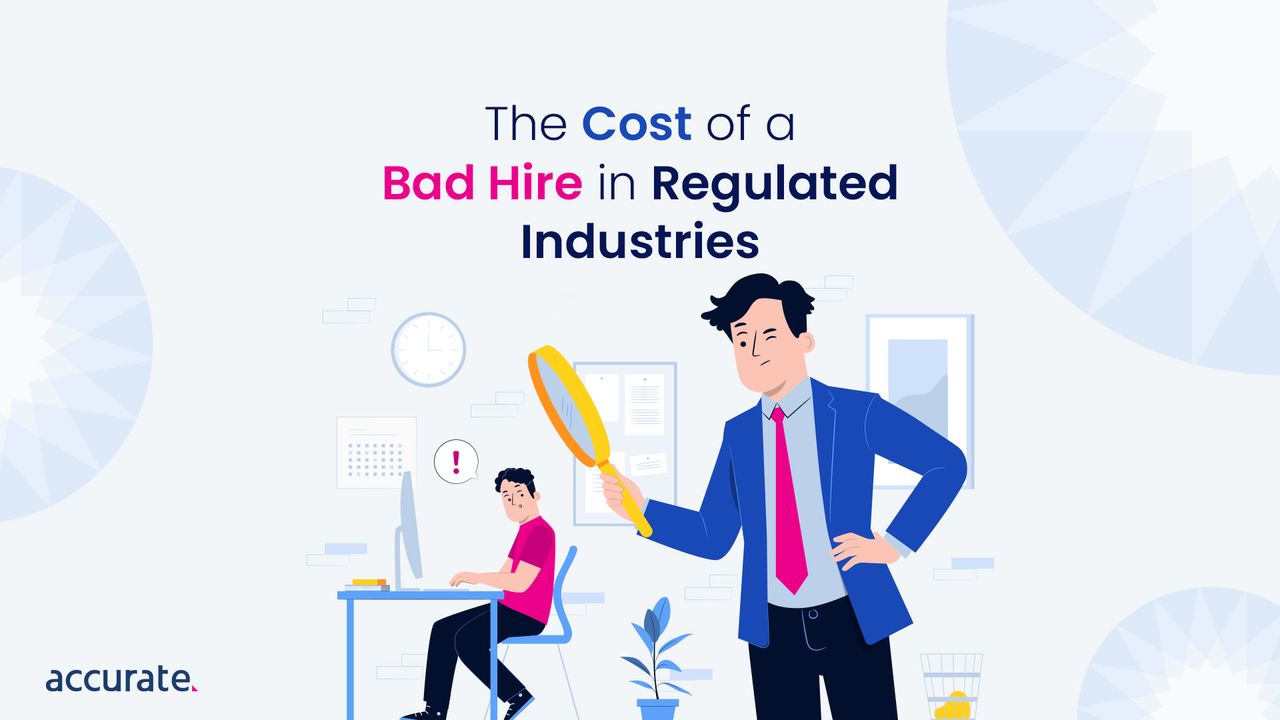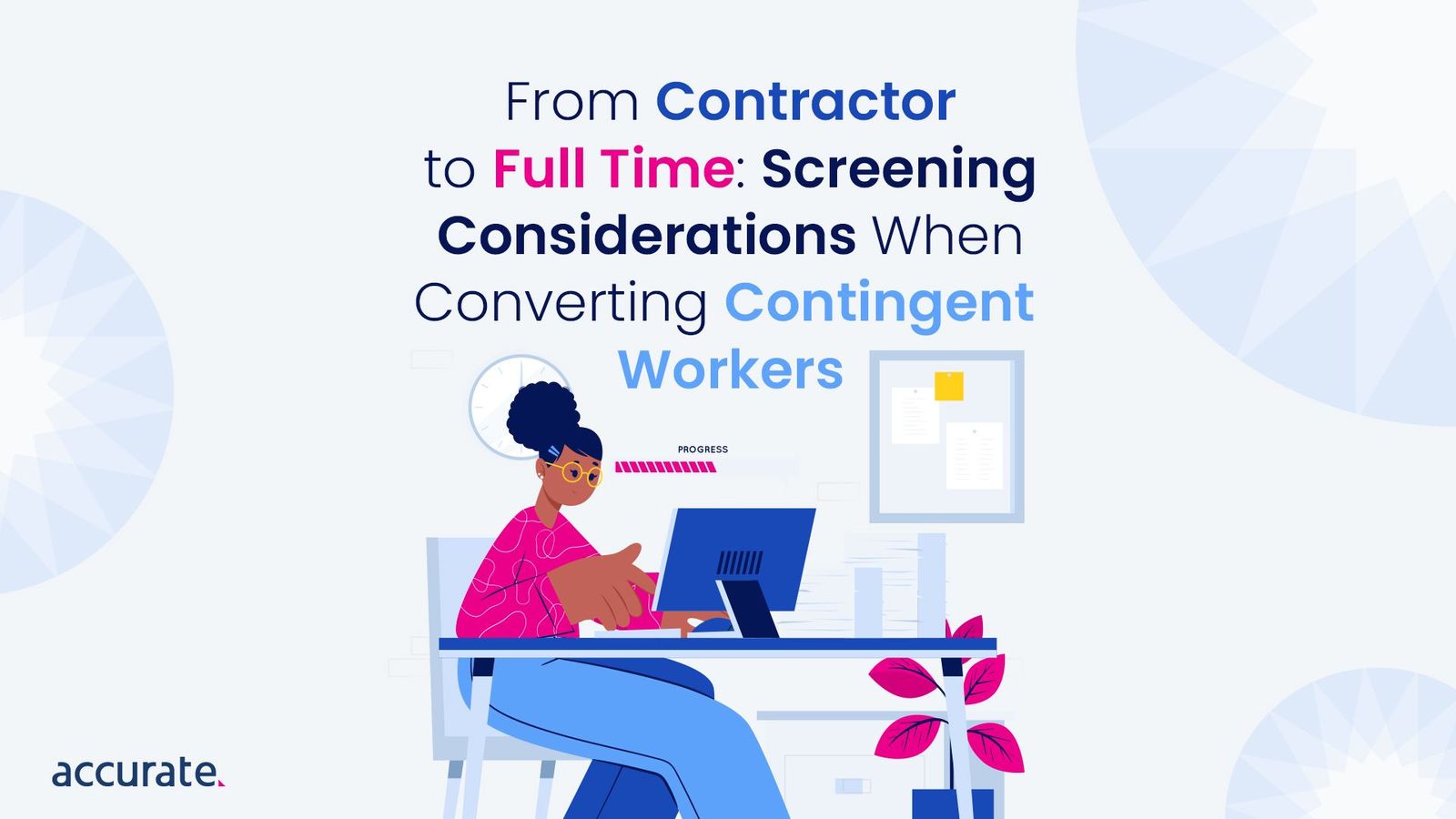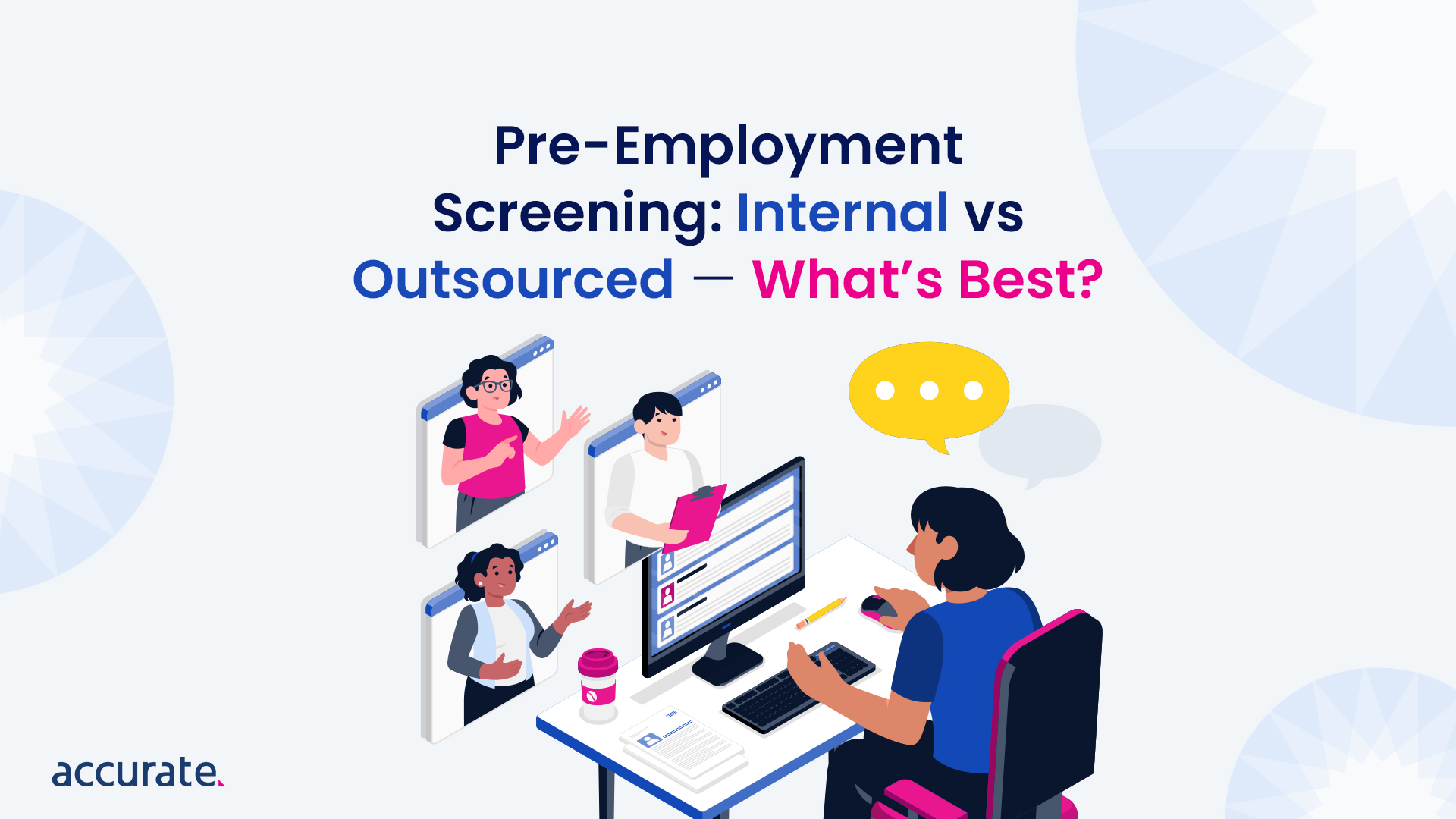There’s no doubt that reference checks play a pivotal role in the hiring process. Even businesses that don’t necessarily have a detailed background screening process will include a reference check because it provides a valuable opportunity to validate a candidate’s credentials.
But it’s not just about ticking a box.
The real value lies in how you approach the reference check. It’s about asking the right questions that will give you a comprehensive understanding of the candidate’s past performance, work ethics, and suitability for your organisation.
In this blog, we’ll explore how to optimise the reference check process, discuss the optimal number of questions to ask and the most effective way to conduct them, and provide a comprehensive list of the best questions for a reference check.
Importance of a Reference Check
Reference checks serve as a vital tool in the hiring process, acting as a bridge between a candidate’s claims and their actual capabilities.
They allow employers to delve deeper into a candidate’s professional history, evaluate their competencies, and gain a third-party perspective on their work habits and behaviours. They also provide insights into the candidate’s strengths and areas for improvement, which can be invaluable in making an informed hiring decision.
Executing a thorough reference check can be your safeguard against expensive recruitment errors, helping you to ensure that the candidate’s skills and personality align well with the role and your organisation’s culture.
It’s a proactive step towards preserving the integrity of your workplace and ensuring a safe and harmonious environment for your team.
You may be interested in reading our guide on the benefits of reference checks as part of your screening policy.
How Many Questions Should You Ask?
While you want to gather as much information as possible, you need to ensure that you’re not overwhelming the referee or making the process burdensome. Typically, 10-15 well-crafted questions should suffice to give you a comprehensive understanding of the candidate without taking too much of the referee’s time.
Remember, the goal is not to interrogate the referee but to gather valuable insights about the candidate. The quality of the questions is more important than the quantity.
As a guide, each question should serve a specific purpose and contribute to building a complete picture of the candidate’s capabilities and suitability for the role.
How Should You Ask The Questions: Email or Phone?
Both email and phone have their advantages when it comes to conducting reference checks.
Email allows the referee time to contemplate their responses, and their written answers can be easily shared with your team. Additionally, using email for reference checks creates a record of the conversation, which can be useful if you need the information in the future.
On the other hand, a phone call can provide immediate feedback and allows for a more in-depth conversation. It also offers the opportunity to ask follow-up questions based on the referee’s responses, which can lead to more nuanced insights.
If you’re looking for an alternative to managing this process yourself, you could look into hiring a third-party screening agency, such as Accurate Australia, to conduct the employment reference check on your behalf. This allows you to dedicate your time and energy to other critical aspects of the hiring process while still ensuring an efficient reference check process.
The Best Questions to Ask in a Reference Check
Here are a few of the best questions you can ask as part of your reference check:
- Can you confirm the candidate’s job title, responsibilities, and employment dates? Verifying the information that the candidate provides in their resume or during the interview is the first step in a thorough reference check.
- Did the applicant report directly to you? If yes, for how long?
Understanding the context of the referee’s relationship with the candidate can influence their responses and provide valuable insights. - How would you describe the quality of the candidate’s work?
Gaining insight into the candidate’s performance in their previous roles can help assess their potential in your organisation. - Were they a good or poor performer? Can you provide details?
Uncovering the candidate’s strengths and weaknesses in their previous role can guide your decision-making process. - How effectively did they perform their role? Can you provide details?
Assessing the candidate’s ability to meet or exceed expectations in their role can indicate their potential performance in your organisation. - Can you describe the candidate’s ability to work under pressure? Understanding how the candidate handles stress and deadlines is crucial, especially in fast-paced work environments.
- How does the candidate handle feedback and criticism?
Revealing the candidate’s ability to accept feedback and make improvements is crucial for growth in any role. - As their manager, how did you get the best out of them? Insights into the candidate’s motivation and the management style they respond best to can help ensure a good fit within your team.
- What do you consider their key strengths? Can you provide details?
Understanding the candidate’s unique skills and abilities can help assess what they can bring to your organisation. - Can you provide an example of when the candidate demonstrated leadership skills?
If the role requires leadership skills, this question can provide valuable insights into the candidate’s potential. - Would you rehire this candidate? If not, why?
This question can be a powerful indicator of the candidate’s overall performance and suitability for your company.
Key Takeaways
Reference checks are an invaluable tool in the hiring process. They provide insights that can help you make informed hiring decisions. However, conducting them effectively requires a balance in the number of questions asked, the right medium, and asking the right questions.
At Accurate Background, we understand the intricacies of this process and are here to help. We can manage your reference checks, ensuring they are conducted professionally and efficiently. This allows you to focus on other important aspects of the hiring process while we take care of the reference checks.
To learn more about how we can assist you in your hiring process, contact us today. Remember, we are committed to helping you make the best hiring decisions for your organisation.



